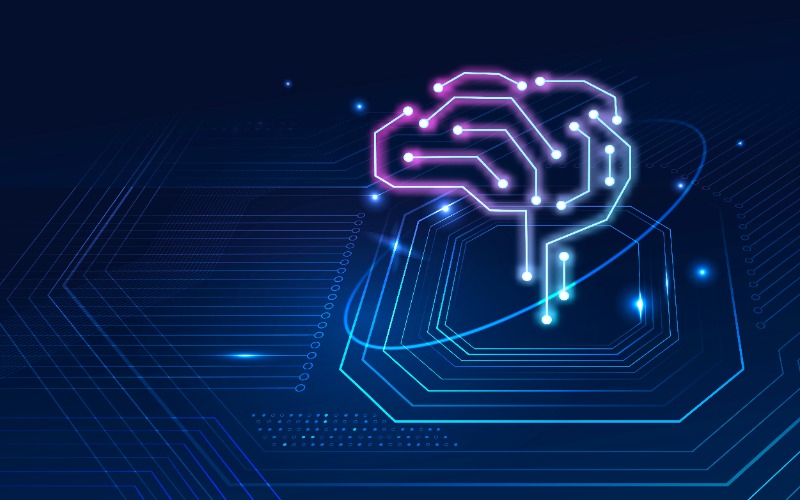We live in an extremely noisy world, with everything from advertisements to our jobs vying for our undivided attention. According to recent research, 47% of people surveyed claim they cannot concentrate on a single task for more than two hours. An estimated 366 million adults worldwide are living with ADHD, and approximately 40 million of those are in the United States. Adults are having their focus perpetually pulled in different directions, leading them to seek answers for better attention and focus.
We are learning more about how the brain works day by day. The brain is a complex instrument, and conditions such as ADHD or even a simple inability to focus as well as we may have been able to in the past can be difficult to detect and treat. For years, doctors have relied on prescription medications such as Adderall, Vyvanse, Focalin, or Ritalin to help people focus better. However, these medications predominantly improve motivation only, and the side effects can sometimes be worse than the condition they are trying to treat.
A shift toward neurotechnology used to understand and manage attention and focus has opened up safer options that are more accessible to individuals. With neurotechnology, the complicated nature of the brain can be unraveled, allowing us to better understand more about exactly why so many people tend to easily lose focus — and how they can regain it.
Neurotech Testing
Neuroscience is an ever-evolving concentration. The hardware and software behind some of today’s most promising neurotech devices have improved immensely, and scientists are starting to see results that leave them hopeful for the future.
Through neurotech designed to test a person’s ability to gain and retain focus, people can begin to discover what works best for their unique physiology and behavioral patterns. With apps that challenge attention and focus, individuals can discover how long they can concentrate under pressure and then build their skills. These neurotech tools can also measure a person’s propensity for daydreaming or impulsivity. Additionally, rather than a medication regimen, which often has a one-size-fits-all approach, neurotech can be personalized and adapted along with the user.
Similar to testing and tracking other physical abilities, people are learning that by measuring their cognitive abilities, such as auditory or visual attention, processing delays, ability to focus, and reaction time, they can gain clarity on where they excel and where they could benefit from additional training.
Neurotech Solutions
Once one has assessed their cognitive strengths and weaknesses, what do they do with that data? Scientists dedicated to neurotechnology have asked themselves, “Can one train their brain to have better focus and attention?” All signs point toward “Yes.”
There are some neurotech solutions that many of us use daily, even if we do not struggle with attention or focus issues, including assistive technology such as digital calendars, task management apps, and reminder apps. While these may not seem like modern neurotechnology, they help people remain focused and attentive to tasks when it truly counts.
Scientists have also used neurofeedback to study the brain and apply real-time EEG data to train the brain in areas of focus, impulsivity, and executive functioning. There have also been some less invasive solutions brought forward as well, such as memory-training apps and breakthrough programs that have been shown to improve overall cognitive performance. These programs take people through a short series of tasks that help give their brains a workout, improve focus, decrease impulsivity, and even lessen anxiety in some cases. These non-medicinal solutions help the brain “self-heal.”
These novel neurotech approaches to issues of focus and attention also seek to reduce the stigma associated with neurological disorders — or just plain forgetfulness. Many people resist finding treatment for their inability to focus out of embarrassment, shame, or fear that their employer or school may find them unable to complete their work. Through neurotech solutions, there are no medicinal side effects to be concerned about, as these “brain training” applications can be used in private and work in a short period of time.
Healing the Brain
Many factors come into play when we find it difficult to focus, including a lack of sleep, drinking too much, diet, or lifestyle choices. These factors affect our brains and impact our ability to change the way we behave, though there are outside factors that can influence our brain power for good as well. Neurotechnology can help us discover why our focus and attention are lacking and then help us dive into programs that allow us to regain some of that focus.
Neurotech continues to evolve and change how we view treating the brain, holding immense promise for the future of those living with various neurological challenges to finally see a light at the end of the tunnel. With continued research and innovation, neurotech is helping people regain focus, lessen anxiety, and live better lives.











